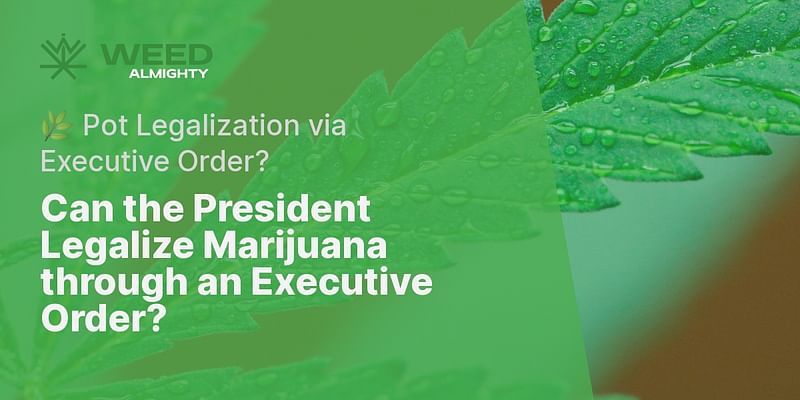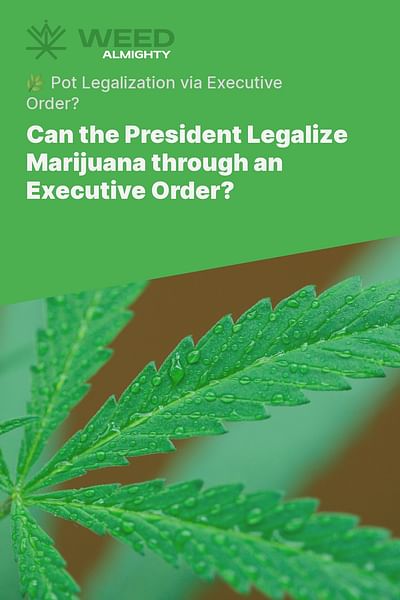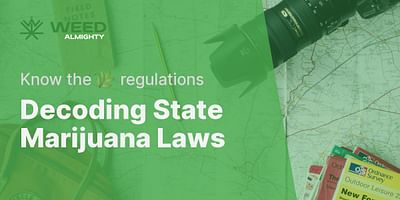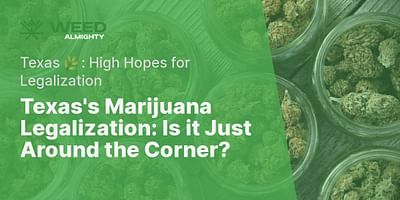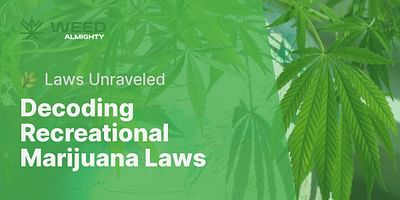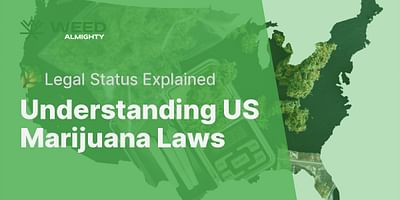Dean Feeney, a seasoned expert in the cannabis industry, brings to the table over 15 years of diverse experience. His extensive involvement spans various segments of the industry, encompassing cultivation, distribution, and sales. Dean is driven by his desire to impart his expertise and assist others in successfully navigating the intricate landscape of cannabis.
Hey there! Thanks for reaching out with this interesting question. I'm here to shed some light on the topic and give you a comprehensive answer.
When it comes to the president's power to legalize marijuana through an executive order, it's a bit more complicated than a simple "yes" or "no." Let's dive in and explore the nuances.
First off, it's important to understand what an executive order is. An executive order is a directive issued by the president that manages operations of the federal government. It carries the force of law, but it's limited to matters within the president's authority.
Now, when it comes to marijuana legalization, it's primarily a matter of state law. Each state has the power to regulate and enforce its own cannabis laws. While some states have legalized marijuana for medical or recreational use, it's still illegal at the federal level.
So, can the president effectively "legalize" marijuana with an executive order? The short answer is no. The president does not have the power to unilaterally change federal law. The legalization of marijuana would require an act of Congress, which means passing a bill through both the House of Representatives and the Senate.
However, the president does have some authority when it comes to cannabis policy. They can direct federal agencies, such as the Department of Justice and the Drug Enforcement Administration, to deprioritize the enforcement of federal marijuana laws in states where it's legal. This approach is often referred to as "enforcement discretion."
In fact, we've seen this in action. In 2013, the Department of Justice issued a memo known as the "Cole Memo," which outlined guidelines for federal prosecutors to prioritize certain types of cases over others. This memo effectively allowed states to implement their own marijuana laws without significant federal interference.
Key Points of the Cole Memo
| Point | Description |
|---|---|
| Preventing distribution to minors | Federal prosecutors should prioritize cases where marijuana is being distributed to minors. |
| Preventing revenue from sales going to criminal enterprises | Prosecutors should focus on cases where revenue from marijuana sales is funding criminal enterprises, gangs, or cartels. |
| Preventing diversion of marijuana from states where it is legal to other states | Prosecutors should prioritize cases where marijuana is being transported from states where it is legal to states where it is not. |
| Preventing state-authorized marijuana activity from being used as a cover for illegal activity | Prosecutors should focus on cases where legal marijuana businesses are being used as a cover for illegal activities. |
| Preventing violence and the use of firearms in the cultivation and distribution of marijuana | Prosecutors should prioritize cases where violence or firearms are involved in the cultivation or distribution of marijuana. |
| Preventing drugged driving and other adverse public health consequences associated with marijuana use | Prosecutors should focus on cases involving drugged driving or other public health issues related to marijuana use. |
| Preventing the growing of marijuana on public lands and the attendant public safety and environmental dangers posed by marijuana production on public lands | Prosecutors should prioritize cases where marijuana is being grown on public lands, which can pose safety and environmental risks. |
| Preventing marijuana possession or use on federal property | Prosecutors should focus on cases where marijuana is being possessed or used on federal property. |
It's worth noting that executive orders can be subject to legal challenges and can be overturned by future administrations. So, while a president can influence cannabis policy through executive action, it's not a permanent solution.
To sum it up, the president cannot single-handedly legalize marijuana through an executive order. It would require an act of Congress to change federal law. However, the president does have some authority to shape cannabis policy through executive action, such as directing federal agencies to deprioritize enforcement in states where marijuana is legal.
I hope this clears things up for you! If you have any more questions, feel free to ask. Happy exploring the world of cannabis!

